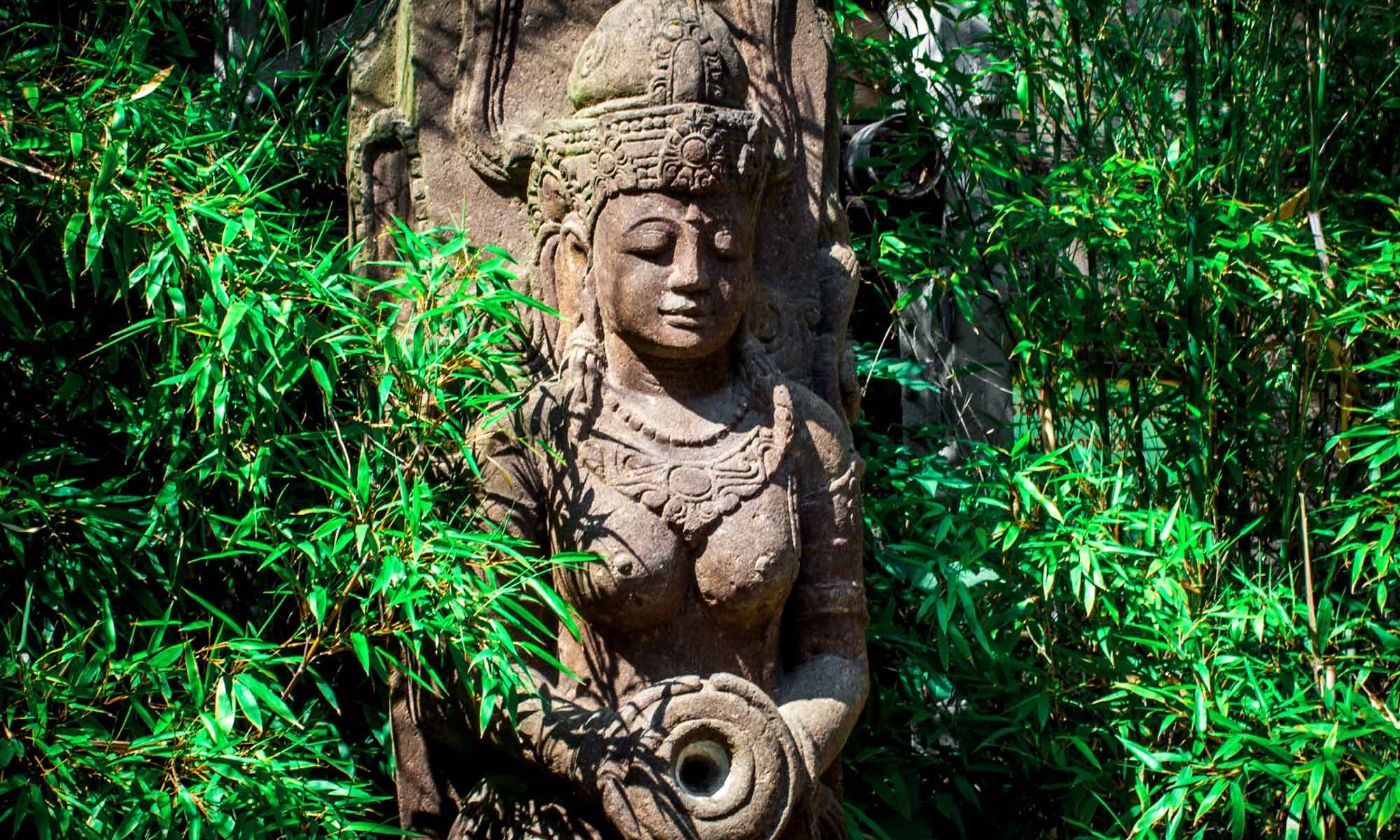GOLD COAST HOTEL, LAS VEGAS NV
ESTIMATED ROOM RATE PLUS TAXES AND MANDATORY RESORT FEE
| Thursday 3/15/18 | Friday
3-16-18 |
Saturday
3-17-18 |
Sunday
3-18-19 |
||
| Deluxe Room Rates | 40.00 | 89.00 | 89.00 | 40.00 | |
| Tax 13.35% | 5.35 | 11.88 | 11.88 | 5.35 | |
| Resort fee (17.99) inclusive of taxes | 20.40
$65.75 |
20.40 $121.28 |
20.40 $121.28 |
20.40 $65.75 |
=$374.06 for a four night stay. |
Please be advised that there is also a mandatory refundable security/damage deposit of $100 required at check-in.
On line reservations can be made via our group link: ASWM Gold Coast Group Link This page will ask for the Group Reservation ID or Group Code: A8WMC03.
You may also book by phone by calling central reservations toll free at 888-402-6278. They will need to reference this same ID: A8WMC03, to receive your special, discounted room rates.
Our special rates will be available from Wednesday 3/14 through Monday 3/19, 2018.
Hotel reservation cut off is February 13, 2018.






You must be logged in to post a comment.